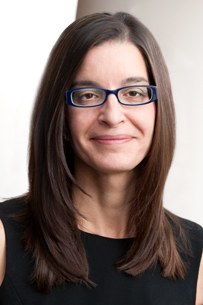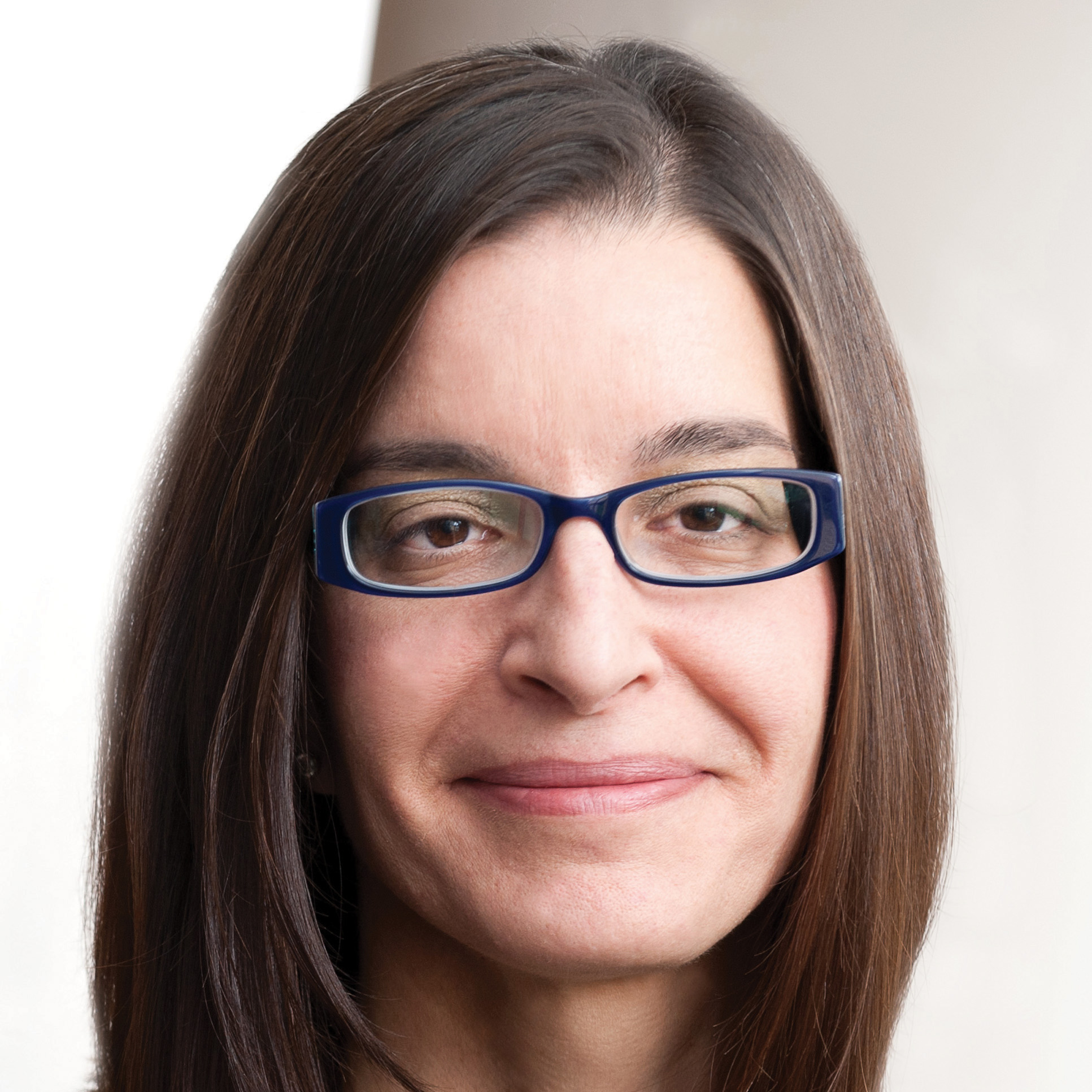 I currently practice as a juvenile defense attorney in three different counties in North Carolina. As a faculty member in the Youth Justice Clinic at the University of North Carolina School of Law, I assign cases to third-year law students who represent — under my direct supervision — children charged with crimes.
I currently practice as a juvenile defense attorney in three different counties in North Carolina. As a faculty member in the Youth Justice Clinic at the University of North Carolina School of Law, I assign cases to third-year law students who represent — under my direct supervision — children charged with crimes.
Clinical legal education is often referred to as experiential learning, in contrast to doctrinal or podium learning, in which a professor stands at the center of the lecture hall closely questioning students chosen at random about a legal opinion assigned for that day’s analysis. This experiential learning is analogous to the distinction between working directly with youth in the field and merely attending a lecture on how to communicate effectively with youth: Both educational approaches have value, but academics tend to privilege the theoretical over the practical.
During the course of the semester, I try to assign juvenile delinquency cases in all three counties to each of my students, because the experience — the very culture itself — differs so greatly from courthouse to courthouse, depending on the particular philosophy and temperament of the judges, probation officers, prosecutors and defense lawyers involved.
As practicing lawyers inevitably learn, often two cases with very similar facts will be handled completely differently by two different judges — or even by the same judge who presides over the matters on two different days. Our judicial system is inherently subjective and can be vulnerable to the shifting moods and implicit biases of the people operating within it.
I recently had the opportunity to advise early-career academics who prepared papers for presentation at an international comparative criminal law conference. They were third-year law students from the U.S. and graduate students from the U.K. and China whose research focused broadly on the topic of vulnerability within criminal proceedings but more specifically on juvenile court practice in their countries of origin.
Several of the papers utilized empirical research conducted by the students themselves — quantitative data as well as qualitative work in the form of interviews with and observations of system players. For instance, one project relied on interviews with juvenile-court prosecutors in China regarding a requirement that a third party (termed an “appropriate adult”) be present during prosecutorial or police interrogation of minors. Through her interviews, the student learned that although the requirement seemingly offers greater protection to juvenile suspects who are subjected to government questioning, because “appropriate adults” in China are not properly trained and believe their role is to assist the prosecutor, their presence actually helps advance the interrogator’s objectives and secure the juvenile’s confession, rather than ensure the legality of the interview itself.
Another student spoke with defense attorneys practicing in juvenile court in England and Wales and learned about systemic pressures placed upon young people to plead guilty, including the fact that many defense lawyers representing children in the U.K. are inexperienced and poorly trained. Through her interviews, she also discovered that judges and court staff often explicitly pressure juveniles to give up their right to trial.
A third student spoke with juvenile defense attorneys in North Carolina about the state’s low rate of appeals from juvenile court convictions and sentences. She learned that a law that forces juveniles to pay their own attorney’s fees if they lose their appeal serves as a major deterrent, as such costs can be high and most are living in poverty. Through these interviews, the law student also learned that North Carolina’s juvenile defense lawyers often fail to advise their clients of the right to appeal or to explain it in sufficient detail.
Although the conference was conducted inside a classroom, the students’ presentations brought alive the obstacles facing juvenile court systems, whether in the U.S., U.K., or China. Through discussions with each other, they identified common challenges as well as strengths among these very different systems. From my perspective, this highlighted the importance of remembering that behind the theories and book learning are the people: complicated, subjective and sometimes irrational. It was experiential education at its best.
Tamar Birckhead is a criminal defense attorney, law professor and director of clinical programs at the University of North Carolina at Chapel Hill School of Law.


























